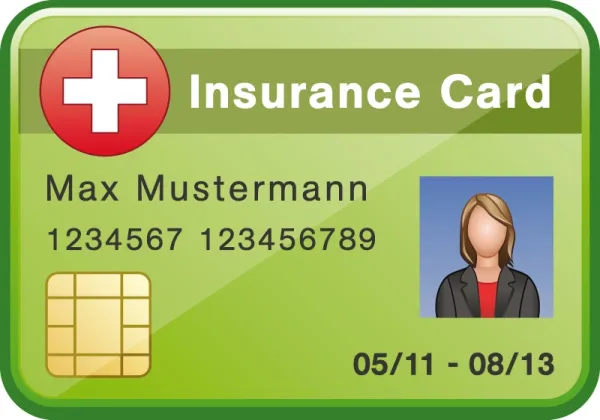Pediatric Coding Alert
Reader Question:
Tricare Is Usually Secondary
Published on Wed Dec 23, 2015

You’ve reached your limit of free articles. Already a subscriber? Log in.
Not a subscriber? Subscribe today to continue reading this article. Plus, you’ll get:
- Simple explanations of current healthcare regulations and payer programs
- Real-world reporting scenarios solved by our expert coders
- Industry news, such as MAC and RAC activities, the OIG Work Plan, and CERT reports
- Instant access to every article ever published in Revenue Cycle Insider
- 6 annual AAPC-approved CEUs
- The latest updates for CPT®, ICD-10-CM, HCPCS Level II, NCCI edits, modifiers, compliance, technology, practice management, and more
Related Articles
Other Articles in this issue of
Pediatric Coding Alert
- Preventive Care:
5 Vaccine Answers Straight From Your Payers
Hint: Know the HPV vaccine coverage ages for your insurer. Immunizations likely make up a [...] - Compliance:
OIG Will Take A Closer Look at These Pediatric Issues in 2016
Button up your prolonged service codes. Billing for prolonged services may have just gotten more [...] - ICD-10:
Know How ICD-10 Transforms the Way You Code These Services
Keep these tips in mind as you report your services. Although most practices report a [...] - Reader Question:
Ask Payers About Coordination of Care Rules
Question: Our pediatrician makes a lot of phone calls to patients’ parents and other clinicians [...] - You Be the Coder:
Don't Base E/M Level on Dx
Question: Which code should we report for evaluation of an ear ache, sore throat, runny [...] - Reader Question:
Mind the Rules for Chart Amendments
Question: One of our pediatricians made mistakes on several charts and printed out new documentation [...] - Reader Question:
Look to Modifiers for Sick/Well Visit Combo
Question: We frequently have babies present for well visits but the doctor finds a problem [...] - Reader Question:
Check Age for Circumcision Patient
Question: Our pediatrician has never performed a circumcision in the office before, but yesterday he [...] - Reader Question:
Tricare Is Usually Secondary
Question: We had a patient present with Tricare insurance and we billed the claim to [...]
View All




